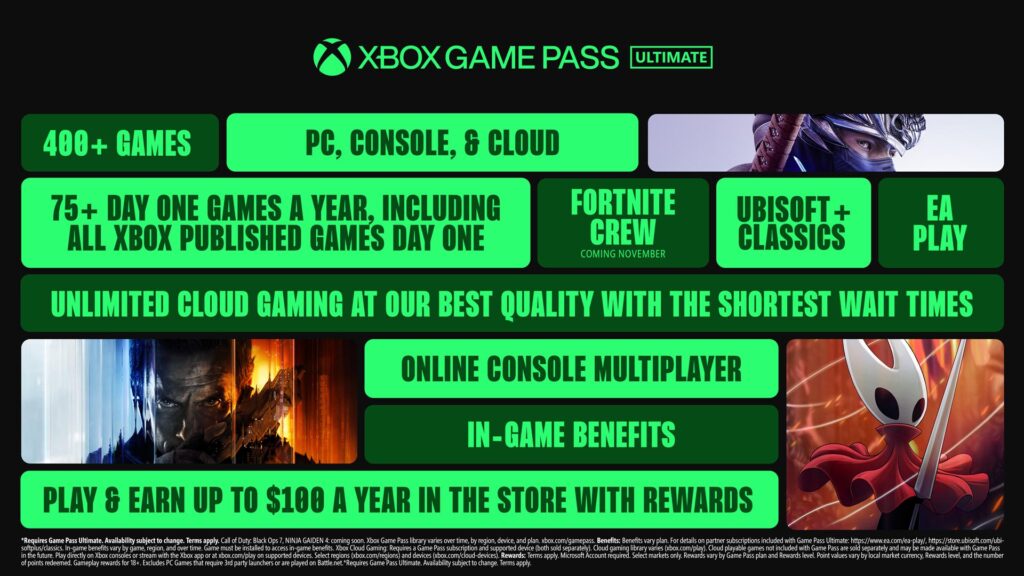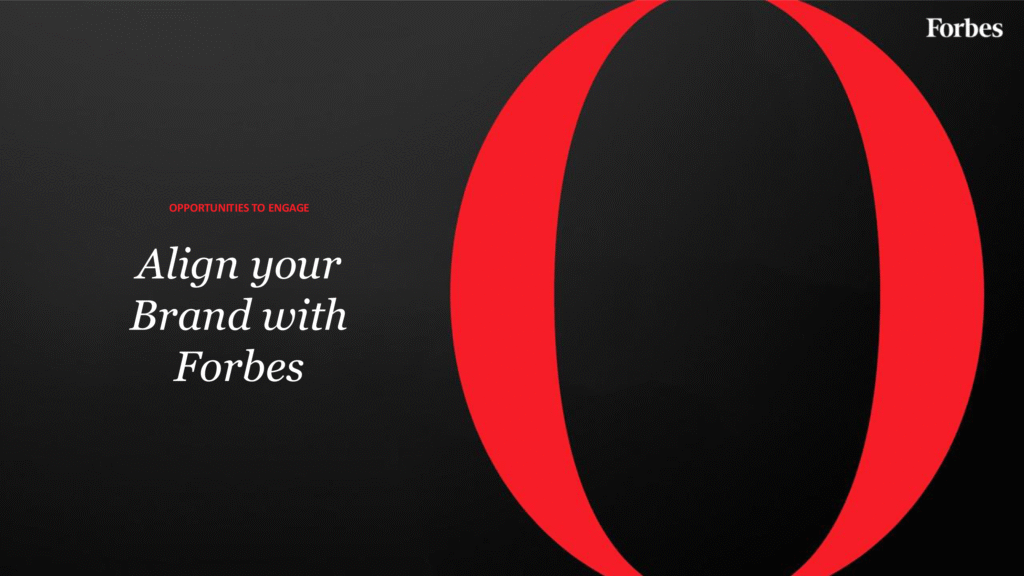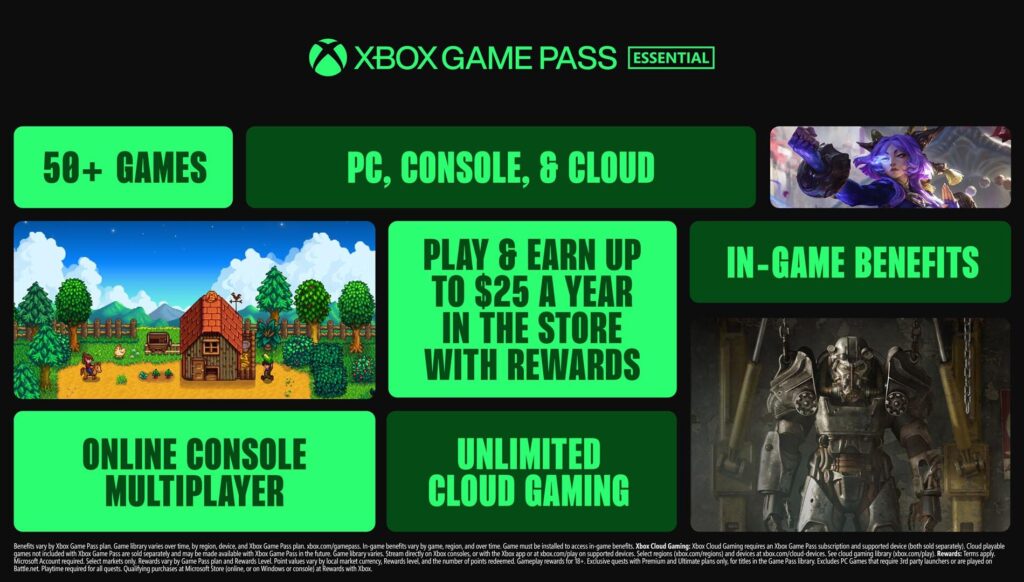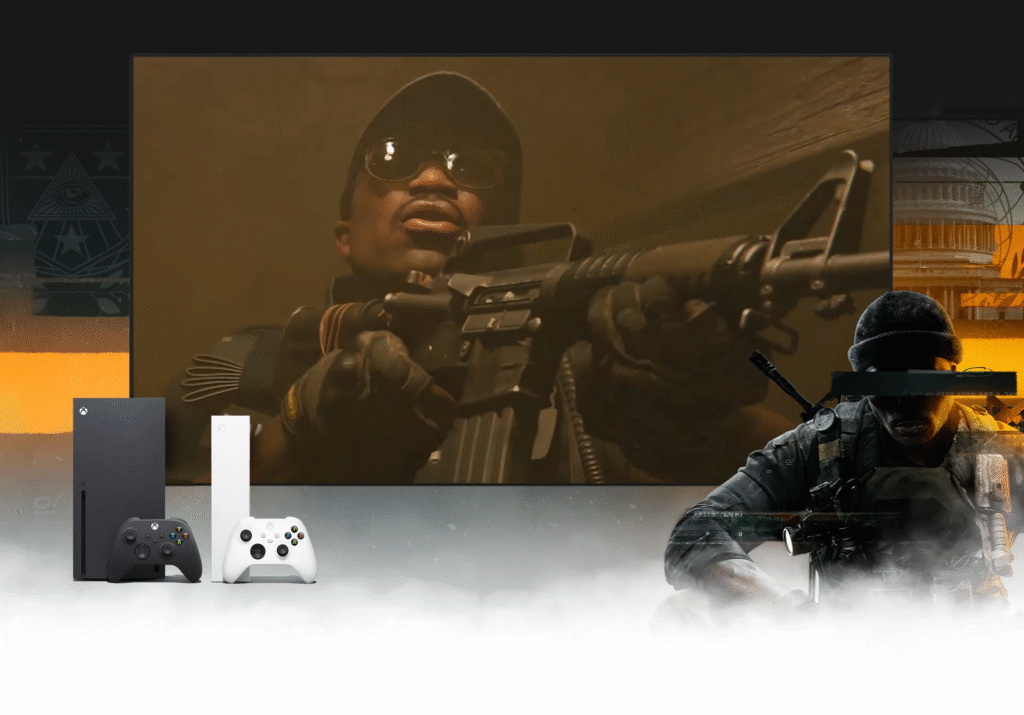Main Navigation Menu
© 2025 Tech Jacks Soutions, All Rights Reserved
© 2025 Tech Jacks Soutions, All Rights Reserved

Game Pass cancellation wave has overwhelmed Microsoft’s infrastructure as unprecedented subscriber exodus crashes the company’s membership management systems. TechRadar reports Xbox Game Pass price hikes literally crashed the membership site due to widespread cancellations, demonstrating immediate consumer rejection of 50% price increases that turned an affordable gaming service into a luxury subscription. The technical failure illustrates broader subscription model collapse where aggressive monetization causes systematic user abandonment rather than revenue growth.

Reddit gaming community documents mass subscription cancellations with users declaring “I’m canceling my subscription” and calling to “boycott” Game Pass “hard” Microsoft’s website crashes due to a surge in cancellation requests over the 50% price hike. The wave of Game Pass cancelations causes an unprecedented server load, overwhelming the membership management system unable to handle the surge of angry subscribers terminating their memberships. The website crash is more than just a technical hiccup; it acts as a real-time consumer vote showing immediate rejection of the pricing strategy that exceeds perceived value.
When cancellation systems fail from this demand surge, the resulting infrastructure breakdown serves as public proof revealing the company’s misjudgment of subscriber price tolerance and retention capabilities., creating a simultaneous price increase and subscriber base contraction scenario, destroying Microsoft’s subscription revenue projections. The Game Pass cancellation wave demonstrates how aggressive monetization can trigger inverse outcomes where revenue maximization strategies produce catastrophic churn rates, eliminating projected income gains.
The timing of technical failures gives Microsoft an unintended cooling-off period, during which frustrated subscribers cannot immediately cancel services despite their strong desire to do so. This enforced retention creates an accidental subscription hostage situation, where infrastructure shortcomings temporarily prevent customer escapes from appearing in official metrics.

Reddit Xbox community reaction reveals organized boycott sentiment Subscribers coordinate mass cancellations to demonstrate collective market power against corporate pricing decisions. The Game Pass cancellation wave includes a conscious political dimension where users frame subscription termination as consumer activism rather than individual purchasing decisions. The boycott language indicates sophistication, as gaming communities recognize the potential for collective action to influence corporate policy through coordinated subscriber withdrawal. When consumers organize resistance movements around pricing changes, the dynamic shifts from market forces to social movements wielding economic pressure as a political tool. through immediate user response demonstrating zero tolerance for perceived value degradation. The rapid mobilization suggests Game Pass cancellation wave reflects accumulated frustration with Microsoft’s gaming division decisions rather than isolated reaction to single price adjustment.
The organized resistance patterns suggest gaming communities have learned from past subscription service controversies where collective consumer action successfully forced companies to change policies. The strategic memory use shows how informed users can threaten cancellation when motivated by pricing issues.

Forbes explicitly recommends “It’s Time To Get Rid Of Your Xbox Game Pass Ultimate Subscription After Massive Price Increase”, Providing mainstream media validation for the wave of Game Pass cancellations through a respected technology journalism platform. The editorial backing of subscription cancellations marks unprecedented mainstream support for consumer rebellion against gaming industry pricing tactics. The Forbes stance shows how significant price hikes provoke media coverage that transforms corporate messages into consumer advocacy journalism.
When established outlets suggest service cancellations, the message reaches beyond gaming enthusiasts to mainstream subscribers who might otherwise passively accept price increases. This mainstream validation accelerates the momentum of the cancellation wave by giving hesitant subscribers a sense of permission to act if they feel the price hike isn’t justified. Media backing removes psychological hurdles for consumers questioning whether their frustration is reasonable or an overreaction to normal market adjustments. The Forbes article serves as an informational resource, outlining cancellation procedures and downgrade options, actively supporting subscribers in leaving through practical guidance that reduces friction for those seeking to cancel.
This role of consumer advocacy, often missing in gaming journalism, reflects industry-wide acknowledgment that Microsoft’s pricing strategies cross exploitation thresholds worth coordinated resistance.

PlayStation LifeStyle positions PS Plus as best deal in gaming after Xbox Game Pass price increase, The Game Pass cancellation wave shows how rivals gain immediate competitive advantages by keeping prices stable. Sony’s strategic patience allows PlayStation Plus to grow its market share through competitor comparison rather than adding new features or improving the service.
The competitive landscape demonstrates how Microsoft’s aggressive pricing opens opportunities for rivals to stand out by maintaining low costs while appearing consumer-friendly through comparison. The wave of cancellations accelerates platform switching, as dissatisfied Xbox subscribers consider PlayStation ecosystems that offer similar services at much lower prices. creating international coverage amplifying pricing controversy beyond domestic gaming markets. The global attention ensures Game Pass cancellation wave becomes worldwide phenomenon rather than isolated regional consumer revolt.
The PlayStation advantage grows as Microsoft’s multi-platform strategy causes Xbox games to launch more on competing platforms. When Game Pass exclusivity decreases and costs rise, the value of the subscription drops from both sides at once, speeding up consumer shift toward cheaper gaming options.

Windows Central provides detailed guide on how to cancel or downgrade Game Pass Ultimate subscription Following the price hike announcement, the active media ecosystem is facilitating a wave of Game Pass cancellations through practical consumer guidance. The instructional content reduces friction for subscribers seeking to terminate their service by eliminating procedural uncertainties.
The proliferation of cancellation guides indicates that gaming media recognize the price increase exceeds reasonable adjustment thresholds, warranting consumer protection through information dissemination. When publications actively assist in subscription termination rather than promoting service retention, the editorial stance reveals industry consensus about the severity of pricing exploitation.
The alternative downgrade options provide exit points for price-sensitive consumers unwilling to pay for the Ultimate tier while still maintaining some relationship with Microsoft subscriptions. These intermediate options may reduce complete subscriber loss, acknowledging that a 50% price increase cannot sustain full retention at premium tiers.
The availability of practical guidance accelerates the momentum of the Game Pass cancellation wave by removing procedural barriers where confused users might keep subscriptions due to inertia rather than satisfaction. Making information accessible turns passive frustration into active cancellations by lowering transaction costs for ending the service.

Academic research on welfare impacts of subscriptions for digital goods in video games provides a theoretical framework understanding the Game Pass cancellation wave as a rational consumer response to surplus extraction surpassing acceptable levels. The economic analysis shows how subscription services generate consumer welfare by offering access value that exceeds individual purchase costs.
The welfare economics perspective reveals that Microsoft’s price increase erodes consumer surplus, which initially justified subscribing. When services shift from creating value to extracting it, this strategic change harms consumer relationships built on favorable cost-benefit assessments that enabled initial market entry.
The sustainability of the subscription model relies on maintaining a perception of consumer surplus, where service value exceeds monthly costs enough to justify ongoing payments. The Game Pass cancellation wave illustrates surplus loss through pricing that approaches or exceeds perceived benefits, prompting rational termination decisions.
The academic framework interprets cancellation behavior as economically rational rather than an emotional overreaction, confirming consumer exit as an appropriate market response to pricing that exceeds service value delivery. This scholarly validation reinforces the momentum of the Game Pass cancellation wave through intellectual support beyond gaming community sentiment.

The wave of Game Pass cancellations damages Microsoft’s brand by not only causing immediate subscriber losses but also harming its gaming division’s credibility and future product launches. When companies break consumer trust through aggressive pricing, the reputation damage lasts beyond individual controversies and affects future market dealings.
The subscription service is central to Microsoft’s gaming strategy, where Game Pass serves as a platform differentiator and competitive edge against Sony and Nintendo. The wave of cancellations weakens this position by turning a flagship service from a strength into a liability that requires damage control instead of offering a competitive advantage.
This consumer backlash sets a warning for future Microsoft subscription efforts, as audiences become more skeptical of new services following the perceived betrayal with Game Pass pricing. Restoring trust will take years of consistent, consumer-friendly behaviors rather than quick fixes, leading to ongoing strategic disadvantages.
The brand damage also worsens through negative word-of-mouth, with former subscribers sharing cancellation stories and frustrations about pricing across social media and gaming communities. This organic negative buzz drives up acquisition costs, as Microsoft faces ongoing reputation challenges when trying to attract new subscribers or win back former ones.

The Game Pass cancellation wave represents an unprecedented consumer revolt, where the collapse of subscription service infrastructure exposes Microsoft’s disastrous pricing miscalculation. The website crashes caused by simultaneous cancellation requests serve as a real-time market referendum, demonstrating immediate rejection of 50% price hikes that destroyed the subscription’s value proposition. The infrastructure failure symbolizes a broader breakdown of the subscription model, where aggressive monetization leads to systematic user abandonment rather than increased revenue.
Technical systems overwhelmed by cancelations reveal public metrics that expose corporate misjudgment regarding acceptable price tolerance and retention assumptions. The organization of this boycott movement shows the gaming community’s sophistication in using collective action to influence corporate policy through coordinated subscriber withdrawals. This consumer activism transforms individual purchasing decisions into political resistance, wielding economic pressure as a social tool. Mainstream validation by Forbes provides a permission framework that enables hesitant subscribers to terminate services, as respected journalism endorses cancellation as a reasonable response to exploitative pricing. Media advocacy reduces psychological barriers, encouraging consumers to question whether their frustration warrants ending the service. Sony’s pricing restraint in the PlayStation Plus platform emerges as a winning strategy, appearing more consumer-friendly compared to Microsoft’s aggressive approach, rather than relying on service improvements.
The wave of cancelations speeds up platform migration, creating tangible market share shifts that benefit rivals, maintaining stable subscription costs. Facilitating cancellation through detailed guides reduces friction, allowing frustrated subscribers to terminate services swiftly. Media support for this exodus through practical information dissemination quickens the consumer revolt’s momentum beyond organic frustration levels. The framework of subscription welfare economics views cancellation as a rational response to the destruction of consumer surplus that exceeds acceptable levels. Academic validation further legitimizes the revolt, lending credibility beyond gaming community sentiment. Long-term brand damage extends past immediate subscriber losses, affecting Microsoft’s gaming division’s credibility and future product launches. Erosion of trust creates lasting strategic disadvantages that require years of consumer-friendly actions to rebuild the platform’s reputation.
Savvy gaming consumers should see the Game Pass cancellation wave as an effective market mechanism that disciplines corporate pricing strategies through collective exodus. Subscription services need to continually deliver value to justify monthly costs, rather than relying on captive audiences willing to accept arbitrary price hikes. Microsoft faces a crucial decision—either continue with aggressive pricing despite massive churn or implement emergency adjustments acknowledging market rejection. The cancellation wave demonstrates the limits of consumer power when subscription costs surpass perceived value, triggering mass defections. Gaming deserves subscription models that respect consumer intelligence and purchasing power, rather than exploiting lock-in through rising prices without service improvements. This revolt offers the industry a lesson on price increase boundaries and consumer tolerance, emphasizing the need for corporate respect and responsible pricing.
